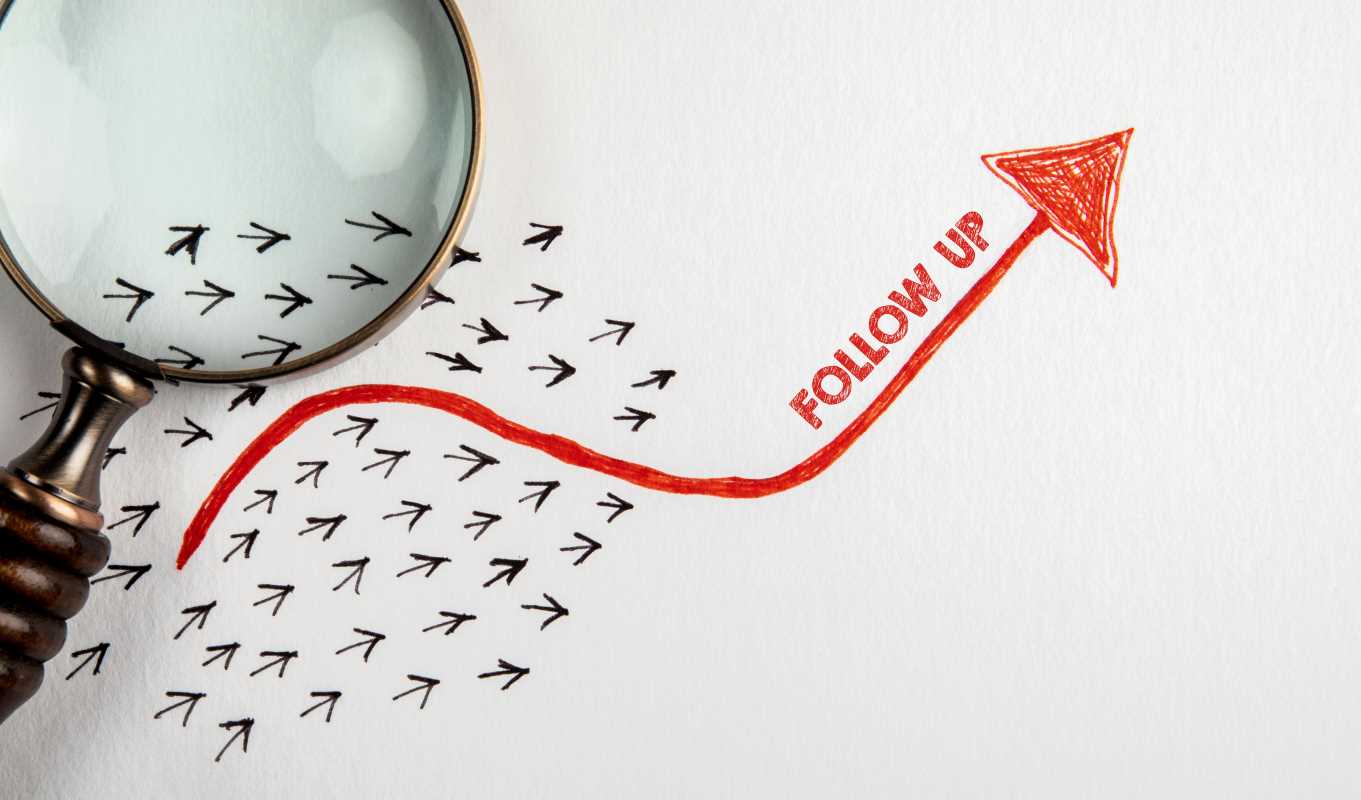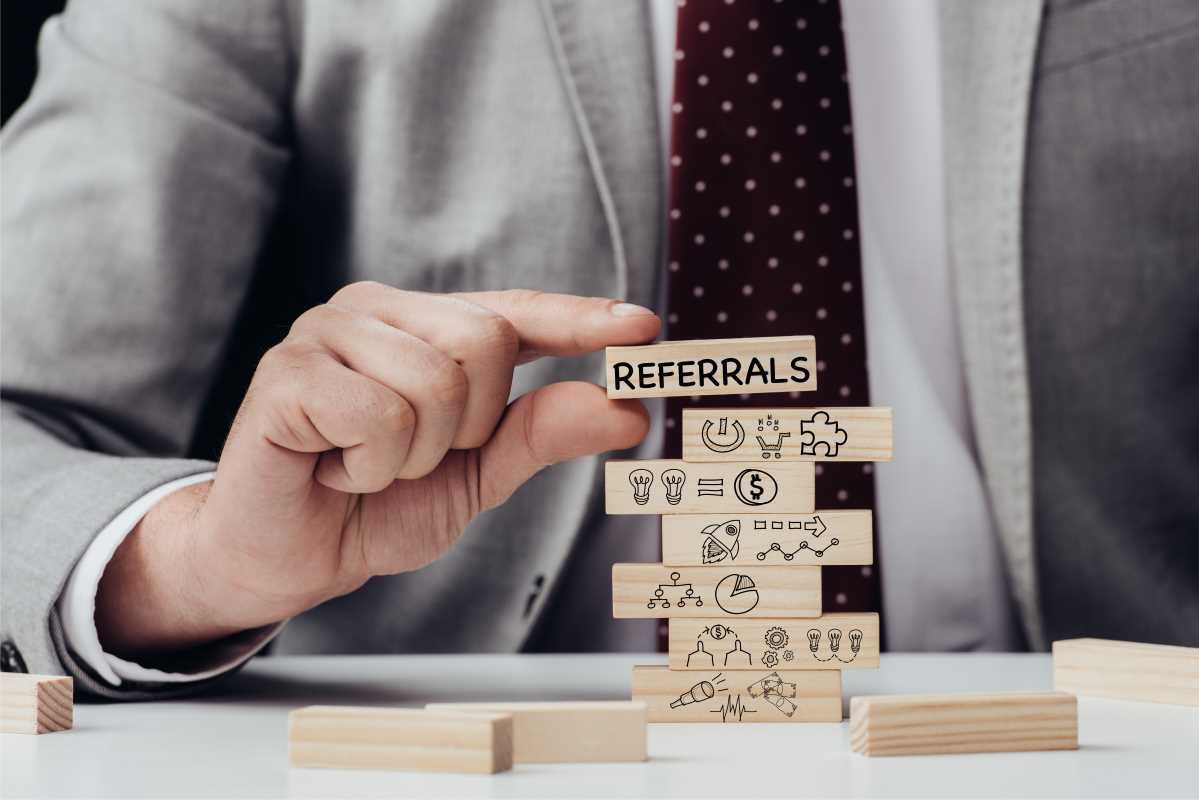Running digital ads can feel like a high-stakes gamble. You pour money into platforms like Google, Facebook, and Instagram, hoping to attract new customers and grow your business. Sometimes it works, but other times it feels like you're just throwing cash into a black hole with little to show for it. The world of digital advertising is complex and constantly changing, with new features, algorithms, and strategies appearing almost daily. For a busy business owner, keeping up is a full-time job in itself. This is where partnering with a digital agency can be a game-changer. These teams live and breathe ad performance. By bringing in experts, you're not just buying ads; you're investing in a specialized skill set that can turn your ad spend from a risky expense into a predictable engine for growth.
Why You Shouldn't Go It Alone
Before we explore how to work with an agency, it's helpful to understand what makes digital advertising so tricky. It’s not just about creating a pretty graphic and writing some catchy text. A successful ad campaign involves a deep understanding of audience targeting, keyword research, bid management, A/B testing, and data analysis.
Platforms like Google Ads and Meta Ads are designed to be powerful, but their complexity means it's easy to make costly mistakes. You might target the wrong audience, bid on uncompetitive keywords, or run an ad that doesn't resonate with your customers. An experienced digital agency has already navigated these pitfalls hundreds of times. They bring a wealth of knowledge from working with various clients across different industries, allowing them to apply proven methods to your campaigns from day one.
Finding the Right Agency Partner
The first step in a successful partnership is choosing the right agency. Not all agencies are created equal, and finding one that aligns with your business goals and culture is key. You're not just hiring a service provider; you're bringing on a new team member.
Start by looking for an agency that has experience in your industry or with businesses of a similar size. An agency that primarily works with large corporations might not be the best fit for a small local business, and vice versa. Check their website for case studies, client testimonials, and examples of their work. Don't be afraid to ask for references so you can speak directly with their current or former clients about their experience. During your initial conversations, pay attention to the questions they ask you. A good agency will be just as interested in learning about your business, your customers, and your goals as they are in telling you about their services.
Setting the Stage for Success: Onboarding and Goals
Once you've chosen an agency, the onboarding process is your first opportunity to build a strong foundation. This is where you share everything the agency needs to know to represent your brand effectively. Be prepared to discuss your target audience in detail, your unique selling points, your main competitors, and your past advertising efforts—both the wins and the losses.
The most important part of this stage is setting clear, measurable goals. Simply saying you want "more sales" isn't enough. A good goal is specific and quantifiable. For example:
- Achieve a 3:1 Return on Ad Spend (ROAS) within the first three months.
- Generate 50 qualified leads per month through Google Ads.
- Increase website traffic from social media ads by 25% in the next quarter.
These specific targets give both you and the agency a clear definition of success. It allows them to build a strategy tailored to your objectives and provides a benchmark for measuring performance over time.
The Partnership in Action
A great agency relationship is built on communication and trust. You've hired experts, and part of the process is trusting them to do their job. Micromanaging every detail of the campaign can stifle creativity and slow down progress. The agency needs the freedom to test new ideas, adjust targeting, and optimize campaigns based on the data they are seeing.
At the same time, the agency has a responsibility to keep you informed. You should expect regular communication, typically in the form of weekly or monthly reports and check-in calls. These reports shouldn't just be a wall of numbers. A good agency partner will translate the data into meaningful insights. They should be able to tell you what's working, what's not, and what they plan to do next to improve performance. This transparent communication builds trust and ensures you always understand the value you're getting from your investment.
Your Role in Maximizing Performance
While the agency handles the technical side of ad management, your involvement is still incredibly valuable. You are the expert on your business and your customers. Provide the agency with high-quality images and videos. Let them know about upcoming promotions, new product launches, or shifts in your business strategy.
Feedback is also a two-way street. When the agency sends you new ad copy or creative designs, provide constructive feedback. More importantly, share information about the quality of the leads or sales you're receiving. If the ads are generating a lot of clicks but the leads aren't converting into customers, the agency can use that information to refine their targeting and messaging. This collaborative loop between your business knowledge and their advertising expertise is what leads to truly outstanding results.
 (Image via
(Image via





